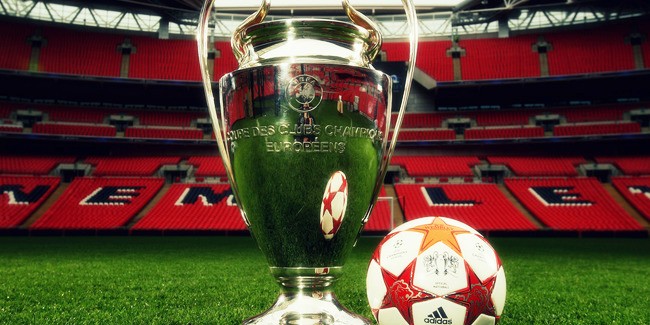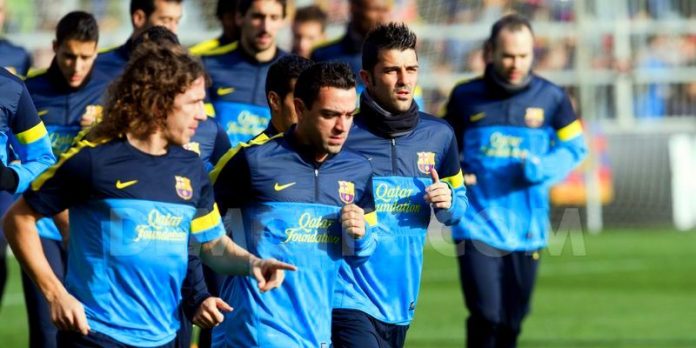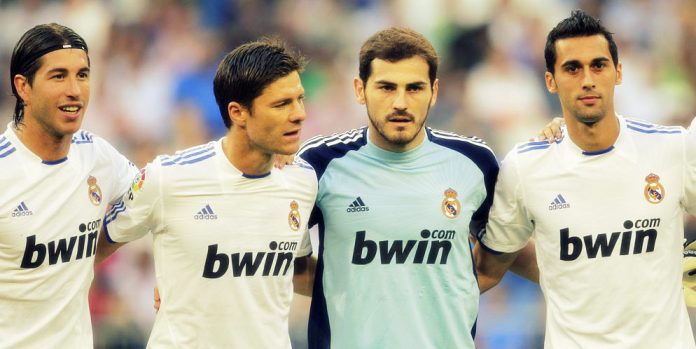For Spanish football, the Champions League semifinals were either a wake-up call or an alarm bell, depending on who you ask.
Either way, both Real Madrid and Barcelona face long summers and plenty of questions. They’ve been at or near the top of European soccer for the last few years, but both face a unique set of problems.
Barcelona
For Barcelona, their coveted nucleus is aging. Xavi Hernandez, Andres Iniesta, David Villa, and Carles Puyol have won every trophy imaginable, but are getting a bit long in the tooth. Bayern Munich humbled them in the Champions League semifinals, but even rival Real Madrid has managed wins at the once-daunting Camp Nou.
Compounding matters is that no suitable replacements have stepped up to the plate. Thiago Alcantara is not Xavi. Cesc Fabregas is not Iniesta. Martin Montoya is not Puyol.
Barca, though, has been down this path before. After the 2006 Champions League win over Arsenal, Ronaldinho and Deco both took their feet off the gas and dipped in form. Brilliant striker Samuel Eto’o continued to score goals, but refused to cede the spotlight to burgeoning talent Lionel Messi.
Barca shipped off Deco and Ronaldinho and acquired Yaya Toure and Thierry Henry. Unless, La Masia has a few hidden talents in the pipeline, the club will have to spend wisely this summer. A new striker, center back, and midfielder are needed.
The biggest challenge for Tito Vilanova, though, will be incorporating new players alongside aging veterans. The locker room ambience could be positive or poisonous.
Real Madrid
For Real Madrid, the big question is: More Jose Mourinho? Many folks believe that a coach’s stay should not exceed three years – after that time, his ability to motivate players diminishes greatly. They learn his tricks, or so they say.
For Madrid to blow up the current nucleus of Mesut Ozil, Sami Khedia, Xabi Alonso, Cristiano Ronaldo, Angel di Maria, and Gonzalo Higuain would be very expensive. Xabi Alonso is on the wrong side of 30 and with a year left on his contract – a precarious position for the club. Alonso will want three years, but perhaps only be worth two.
There is also no able replacement in sight – Luka Modric has shown some quality in bursts, but his range of passing is limited and more similar to Ozil than Alonso. At a minimum, the club needs a proper target forward and a Plan B for when the 4-2-3-1 isn’t firing.
Another winger would also help out – Jose Callejon did well last season, but dropped off the map this year.
Further complicating matters, Mourinho has driven a wedge in the locker room between his loyalists Alvaro Arbeloa and Xabi Alonso vs. Iker Casillas and Sergio Ramos. Jose had the courage to axe his longtime center back Ricardo Carvalho, and benched Pepe for the second leg against Borussia Dortmund.
Ramos shined when back centrally, so that relationship may be reparable. His bond with Iker, though, appears severed beyond remedy. Diego Lopez may be better in the air, but has failed to make the big saves that were staples of Iker’s time between the sticks.
Mou, though, appears blinded by personal beliefs, not professional output. It appears a case of “either/or” at Madrid for next season.
Conclusion
Thus, take a deep breath. Barcelona and Madrid will be back next year. With a few signings, Barca can find and sign ample support for Messi in Europe. For Madrid, a demolition of the current squad would be too expensive, so expect Mou to exit stage-right and the club to sign a striker and a winger.
The clubs will refresh and reload, and, hopefully, give the Germans a bit of payback next year.
The author of this article is Elliott Turner. He is the author of the ebook Real Madrid & Barcelona: the Making of a Rivalry
Add Sportslens to your Google News Feed!


